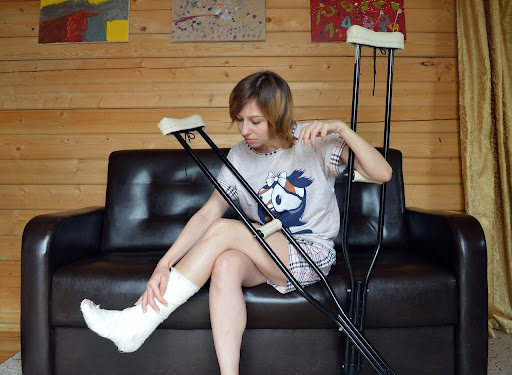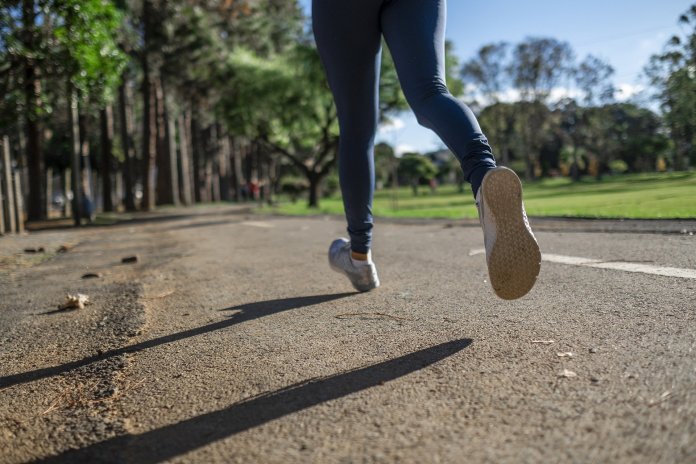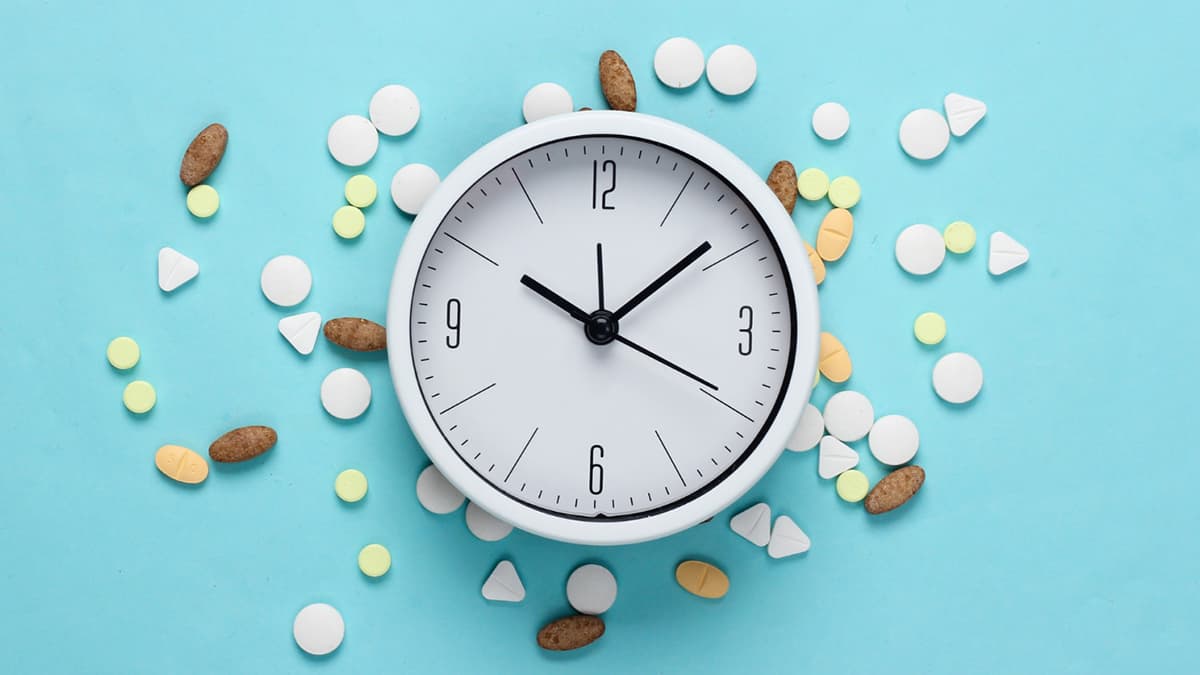Physical exercise has always played an important role in improving your health and well-being. Having a healthy exercise routine has proved to be quite effective in keeping you fit and active. Whether you want to lose weight, build muscles or even improve your sex life, exercise can have a brilliant effect on your lifestyle.
While many of its benefits may be visual, it also makes a significant impact on your mental health. Research has shown that exercise not only improves symptoms of mental illnesses but also prohibits them from ever existing in your body.
Today we have easy access to gyms, online fitness courses, yoga classes, and so much more that can mitigate health problems and get more out of life. There are even different technological innovations that individuals can use to improve their fitness. Smartwatches are a great tool that can help you during your journey, find the best Apple Watch setup for men.
There are several exercise routines that you can use and each of them can influence your mental health. In this article, we will explore some of the key psychological benefits when you exercise.
Exercise and Stress

Stress is a very common mental health problem that happens in several circumstances. When you are stressed you may feel discomfort in your body such as headache, tense muscles, rapid heart rate, and so on. Some other symptoms would include an upset gut, insomnia, heartburn, etc.
When you exercise you reduce the cortisol, the stress hormone in your body, and release endorphins instead. This feel-good hormone will alleviate stress and allow you to relax better. Exercise can also improve your body’s response to stress so even if you happen to be under some duress you will be able to tackle it better. You can also use these US navy seals tips to beat stress.
Exercise and Depression
If you are feeling low and in need of a mood booster, the best way to improve your mood is by exercising. Depression and anxiety will affect both your physical and mental health. Exercising is an easy option to relieve yourself from the symptoms of depression and anxiety.
Even if you are not exercising regularly, physical activity will enhance the happy chemicals in your body that will allow you to enjoy life better. When you exercise it influences your brain it reduces inflammation, better neural growth that results in calm and happy well-being. Just how endorphins help in relieving stress, the same hormone can reduce depression and anxiety.
While medicines are effective, many doctors first suggest a bit of exercise to mitigate the cycle of negative thoughts. While Christmas is filled with joy and fun for many people, some struggle during these holidays, use these tips to cope better.
Exercise and Trauma

If you have recently faced a life-changing trauma or are struggling with post-traumatic stress disorder (PTSD), getting back to your usual self can be different. Many people who are stuck in this phase are unable to set their minds straight which eventually leads to health-related problems. The goal is to take on physical activities that reduce the worry or fear that is building inside of you, yoga therapy is a great option to manage your trauma,
Many believe that exercise is a solution as it allows you to engage all your body movements which eventually release stress, insomnia, and other related troubles. Keep in mind that you don’t have to all in and start a heavy exercise routine but focus on the little things. Some of them would include running, jogging, swimming, or even consider outdoor activities like hiking, surfing, sailing, and so on.
Exercise and Sleep
Sleep plays a vital role in your body and if you are struggling with incomplete or disrupted sleep, it will negatively affect your health physically and mentally. People struggle to sleep for many reasons like stress, anxiety, depression, or even some kind of ailment. But the way to improve your sleep cycle is by exercising in small or large amounts.
Physical activity is known to influence your body in many ways that eventually allow your body to relax and promote good quality sleep. When you exercise the pineal gland present in your brain releases melatonin that controls your sleep and wake cycles. By making necessary lifestyle changes such as exercising or stretching before sleep can help you achieve a good night’s rest.
Exercise and Self-Esteem
People exercise for various reasons, whether they want to lose weight, build muscles, increase their stamina, or just stay fit. All these physical achievements are great to boost your self-esteem and when you have higher self-esteem you are more confident in everything you do.
Exercise not only improves your body image but also influences your overall mental health by creating a positive self-perception. Many people are insecure about how they look as they fail to match the unwritten standard set of society. Exercise can be a great companion in your journey in defining yourself so when you feel good about yourself it will directly boost your body, mind, and spirit.
These are just 5 mental health benefits when you exercise and if you are interested in improving your mental health, it is never too late to start now.








Leave a Reply
You must be logged in to post a comment.